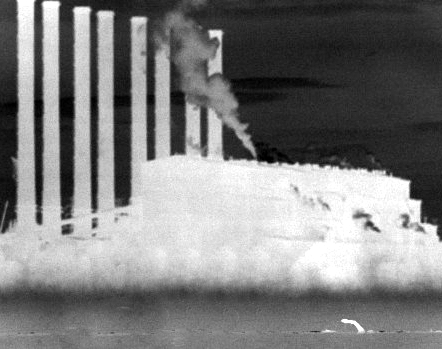Unclear goals hard to hit
 Regardless of the United States’ recent decision, researchers have questioned the ambiguity of Paris Agreement pledges.
Regardless of the United States’ recent decision, researchers have questioned the ambiguity of Paris Agreement pledges.
They say estimates of global greenhouse gas emissions by 2030 may vary by about 30 per cent, but that there are ways to reduce that uncertainty.
To assess progress on the Paris Agreement climate goals, countries are expected to carry out a stock-taking exercise that involves countries submitting their climate plans, or NDCs, every five years.
The NDCs cover aspects as diverse as mitigation efforts and issues with implementation, so their interpretation is ambiguous.
This has led to uncertainty in future emissions projections with implications for achieving the temperature targets set out by the Paris Agreement (which aims to limit warming to below 2 degrees C).
Researcher Joeri Rogelj and colleagues have used an integrated assessment modelling framework to estimate the implied greenhouse gas emissions under the current NDCs.
They found that uncertainty in global emissions varies by -10% to +20% around a median estimate of 52 gigatonnes of equivalent CO2per year in 2030.
These uncertainties come from assumptions of socioeconomic development, and to a lesser extent, formulation of the NDC targets and variations in alternative energy accounting methods.
They say the overall range of emissions could be reduced by 10 per cent by simple technical clarifications, but other uncertainties are a result of political choices and are harder to reduce.








 Print
Print